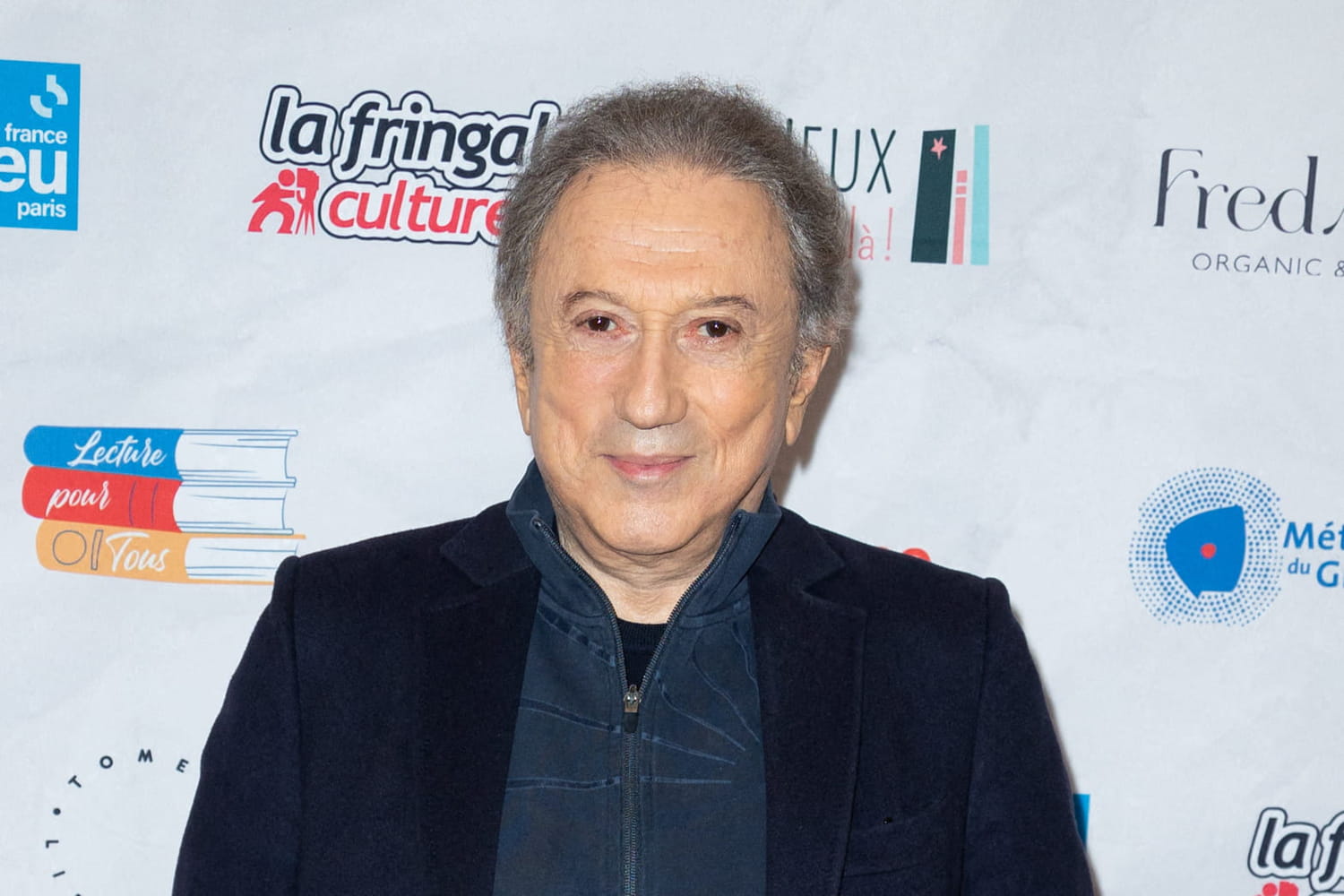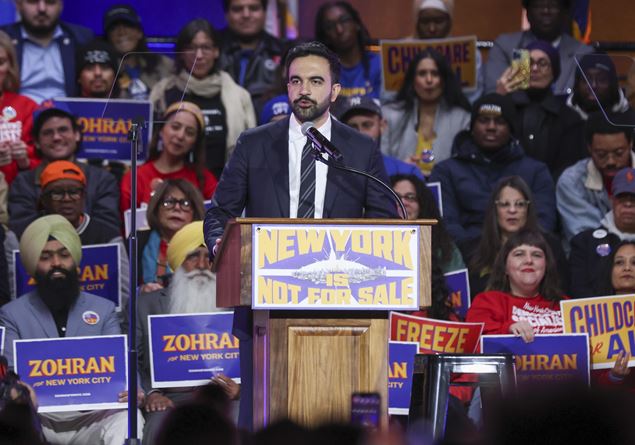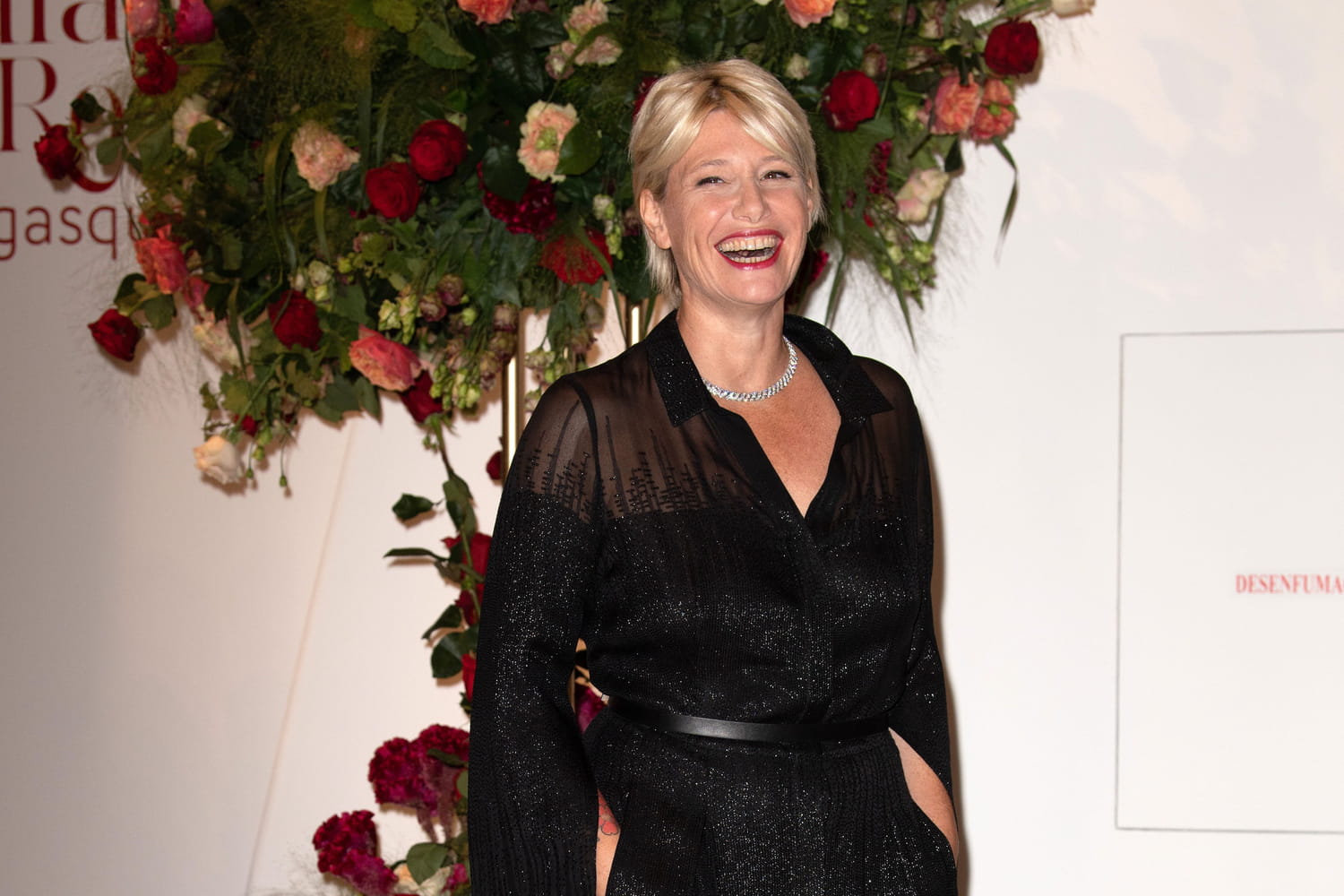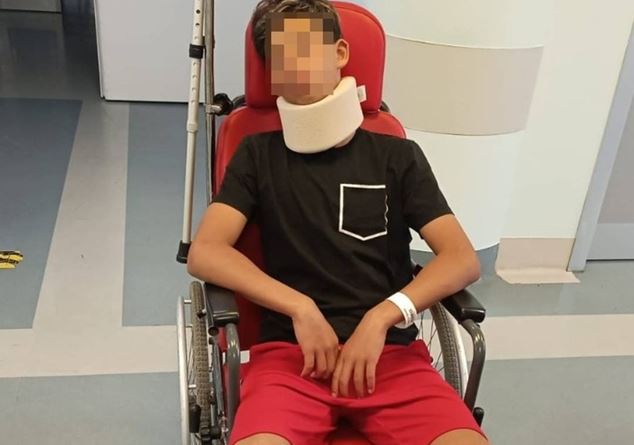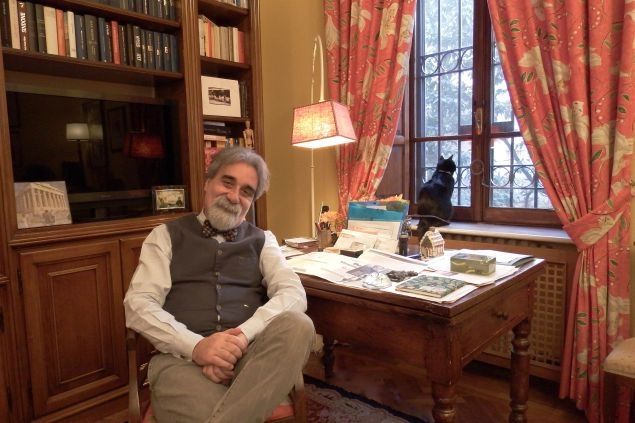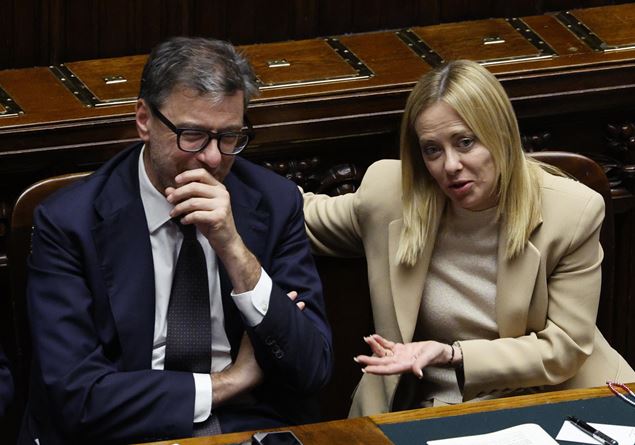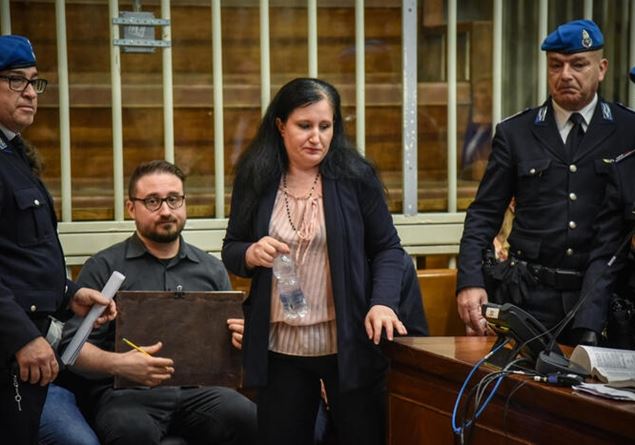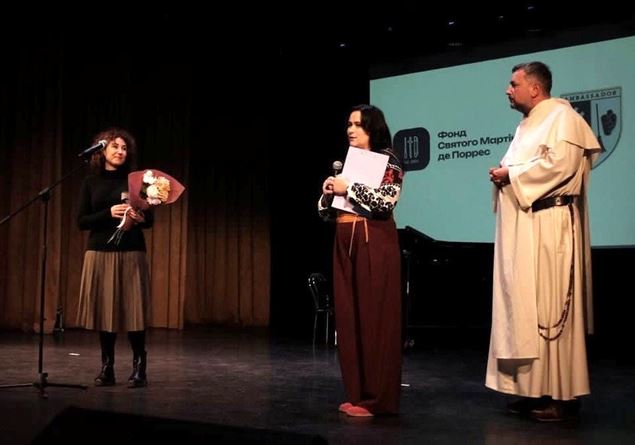I have often spoken to parents in recent years asking them to attribute the role of coaches to the life of their children. I chose the term of coach by mediating it from the sports world precisely because I think sport represents one of the best life gyms that can be made available to those who are growing. In fact, sport offers the possibility of getting involved in a team context and at the same time competitive. Desire for competition and need for cooperation, therefore, in sport they find an elective area of extraordinary educational and training importance for our children. For decades, parents have allowed their children to “play sport”, entrusting them to coaches and educators who often had more the spirit of Don Bosco than that of the great athletes.
In recent decades, sport has seen enormous growth from all points of view and our children have been proposed sports experiences of great value both on the educational level and at the level of athletic training. So many parents were able to make their children live a sporting experience in which they could play, develop their health, strengthen their body, learn to be with others and deeply understand cooperation within the team spirit then, however, something happened: The sport of our children became an opportunity for parents who had seen their personal agonistic aspirations frustrated or who dreamed of a champion son. A sport therefore seen by adults (or by some of them) no longer as an incubator of skills and skills for life, but as a successful promoter and popularity. Accompanying a child to a game for many parents no longer represented an opportunity for shared parenting, but an experience in which to transform themselves from coaches to life to real sports coaches, attentive to the competitive performance, enormously critical of the referee, the opposing team, the coach of his own and the other team.
The parent by dad who looks is transformed into a curve fan, ready to everything to protect his son, seen no longer as a child who plays sport, but as a grass champion to become an agent, protector and coach. This evolution of the role as a parent who looks to the parent who supports in an exaggerated and undeclared way has made news more and more often in the local chronicles. Today on all the media we read about what happened in Collegno, in the province of Turin, where a father from the stands of the public rushed to the playing field by puncturing a boy’s opponent’s boy and forcing him to undergo the care of an emergency room where he was detected considerable extent. The fan fan in this news turns into a boxer/executioner dads. This is truly a very bad scene from an educational point of view, because it shows us parents who have not understood anything of their role, nothing of the educational role of sport and who are most likely teaching their children who are doing sports the exact opposite of what sport should represent for them. It is understood why some coaches when they meet, softly say how they would love to train a team made entirely of orphaned children. In this cynical and terrible joke it is actually hidden in those who accompany and grow our children in sport the more than legitimate desire to return to mothers and dads the role of silent spectators on the sidelines. This is what we should wish for ourselves and to all those who in the next school year will accompany a child to a sporting competition: to be aware that what a child is needed is not a fan parent, but a silent observer parent who finds the value of his role not in giving and cheering and cheering, but simply in being present. It is a being present not only to the life of the child but also to his role, a symbol of an educational authoritativeness that should connote the adult dimension in all its demonstration, public or private.

